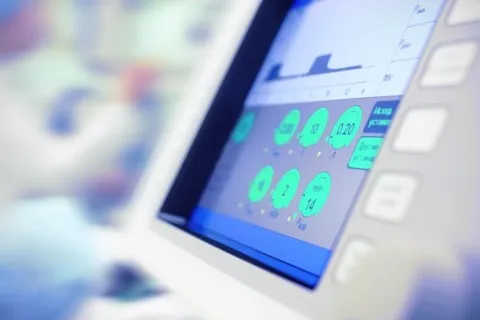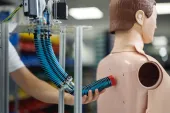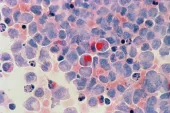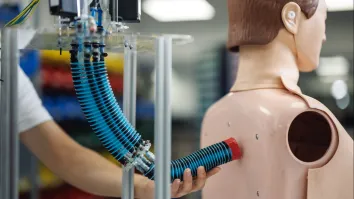
Is it time to invest in at-home technologies for chronic disease care in Singapore?
Two in five health practitioners recommend a more integrated hospital-home care approach.
Over a quarter (77%) of health practitioners believe that there is a need for greater investment in at-home technologies to support chronic disease care, according to Prudential Singapore’s Healthy for 100 study.
This comes on the back of Singapore’s ageing population, whereas the respondents also noted that whilst they are living longer with an average lifespan of 83.1, many of them will be spending their longer years in ill health.
Two in five of them believe that a more integrated approach where there is synergy between primary care, hospitals, long-term care and home care could reduce inefficiencies, hospitalisation time and costs.
Around 1 in 2 health practitioners also think that a lot of them will be hard pressed to cope with the health-related expenses of living to 100.
To combat this, respondents say that preventive healthcare from a younger age will be key in addressing the rising medical demands of an ageing population and containing costs in the long term. Eight in 10 (84%) of the doctors and clinicians agreed that the healthcare system must place more emphasis on disease prevention, and around 70% say individuals need to be responsible for supporting their own healthy ageing.
Respondents believe that more than half of Singaporeans aged between 25 and 45 are not taking enough countermeasures to prevent common chronic conditions such as diabetes and heart disease.



















 Advertise
Advertise





